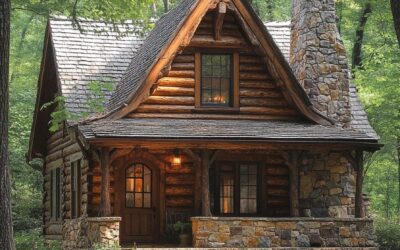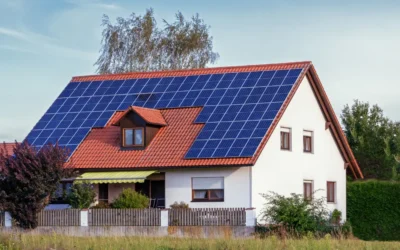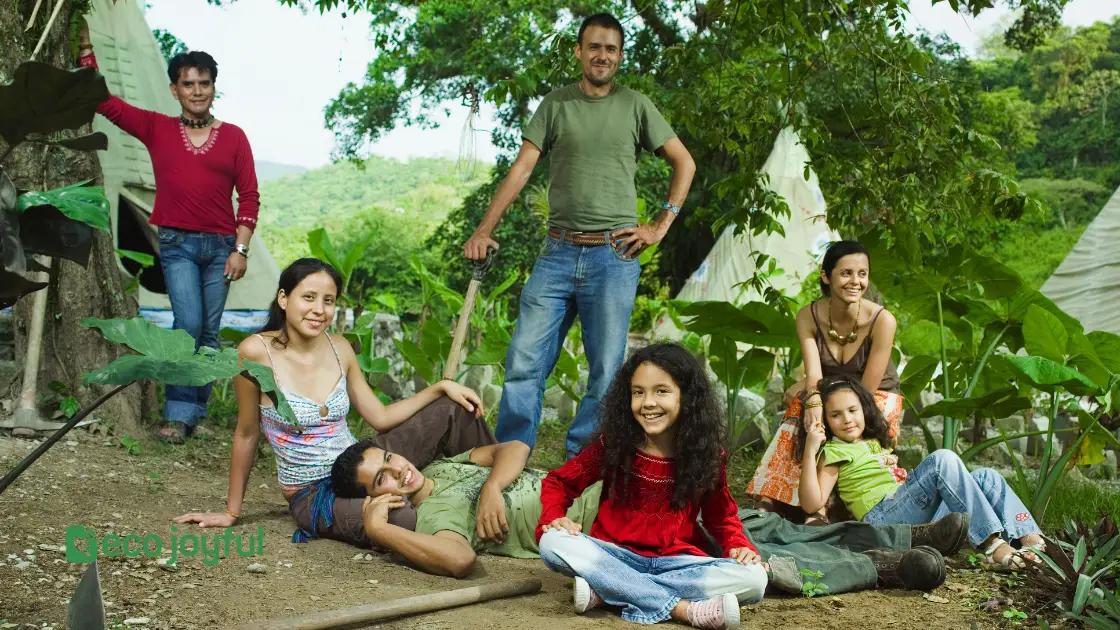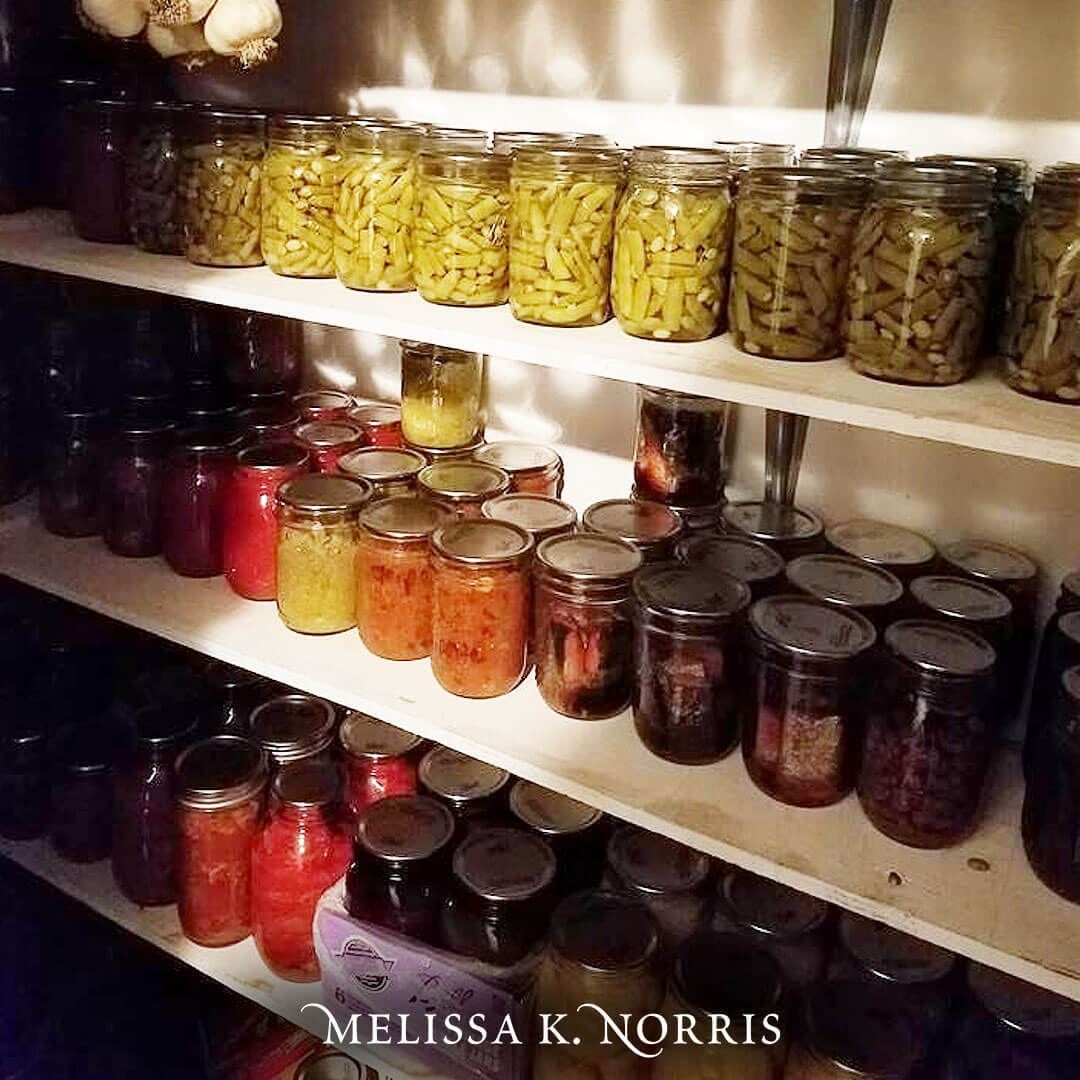Off-grid living is allowed in states such as Alaska, Arizona, Montana, and Wyoming. These states offer opportunities for individuals to live self-sufficiently without dependency on public utilities or infrastructure.
Living off-grid provides the freedom to generate and manage your energy, collect rainwater, and grow your food. Additionally, it allows individuals to embrace a minimalist and sustainable lifestyle while enjoying the beauty and serenity of natural surroundings.
Whether you seek a more independent and environmentally friendly lifestyle or want to disconnect from the hustle and bustle of modern society, off-grid living in these states can be a viable option.
Table of Contents
Understanding Off-grid Living
Living off the grid is an increasingly popular lifestyle choice for individuals and families seeking greater independence and sustainability.
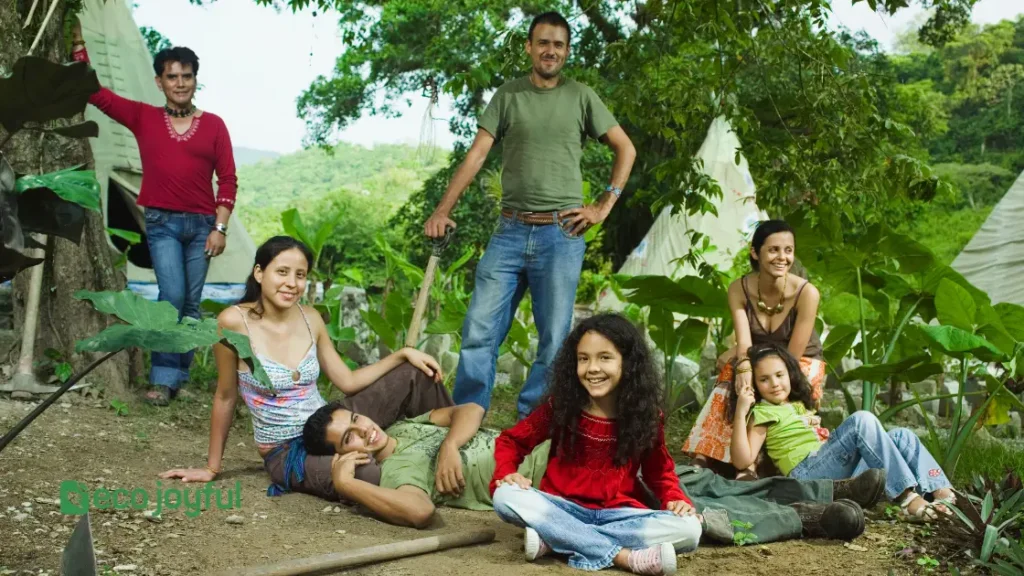
In simple terms, off-grid living refers to a lifestyle where individuals or communities are self-sufficient and do not rely on public utilities such as water supply, electricity, or gas.
Instead, they generate their power, collect rainwater, and rely on alternative methods for heating and cooling. In this article, we will explore the definition of off-grid living and the benefits it offers.
Defining Off-grid Living
Off-grid living can be considered a lifestyle choice that involves disconnecting from the traditional infrastructure and adopting alternative methods of meeting basic needs.
This includes generating electricity through renewable energy sources like solar panels, wind turbines, or hydroelectric power.
Off-grid living also often entails sourcing water from natural sources such as wells, rainwater, or rivers and implementing efficient water conservation practices.
Additionally, off-grinders rely on alternative heating and cooling methods, such as wood-burning stoves, for warmth and passive cooling techniques like shading or natural ventilation during hot months.
Off-grid living aims to become self-sufficient and reduce reliance on external resources, enabling individuals to live a more sustainable and environmentally friendly lifestyle.
Benefits Of Off-grid Living
Choosing to live off the grid offers numerous benefits that go beyond just being environmentally conscious. Here are some key advantages:
- Energy Independence: By generating your electricity, you are no longer dependent on utility companies, which means you have greater control over your energy usage and costs.
- Reduced Environmental Impact: Off-grid living greatly reduces your carbon footprint as you aren’t using fossil fuels for electricity or relying on public water supplies that may be treated with chemicals.
- Cost Savings: While the initial setup costs for renewable energy systems can be high, you can save money on utility bills in the long run by producing power and collecting water for free.
- Self-Sufficiency: Off-grid living encourages self-reliance and resourcefulness as you learn to manage your energy, water, and waste without relying on external sources.
These are just a few of the benefits that come with embracing an off-grid lifestyle. Whether you prioritize independence and sustainability or want to reduce your environmental impact, off-grid living offers a unique opportunity to live in harmony with nature while enjoying the perks of a more self-sufficient lifestyle.
Factors To Consider When Choosing States For Off-grid Living
When choosing states for off-grid living, factors include access to natural resources, favorable climate, local regulations, and community support. Some states that allow off-grid living include Alaska, Texas, and Colorado.
When considering off-grid living, there are several important factors to consider. Factors such as climate, zoning and building codes, access to resources, legal considerations, and community support can significantly impact the feasibility and success of an off-grid lifestyle. Let’s explore these factors in more detail.
Climate And Environment
The climate and environment of a state play a crucial role in off-grid living. Choosing a state with a climate that aligns with your energy needs and preferences is essential.
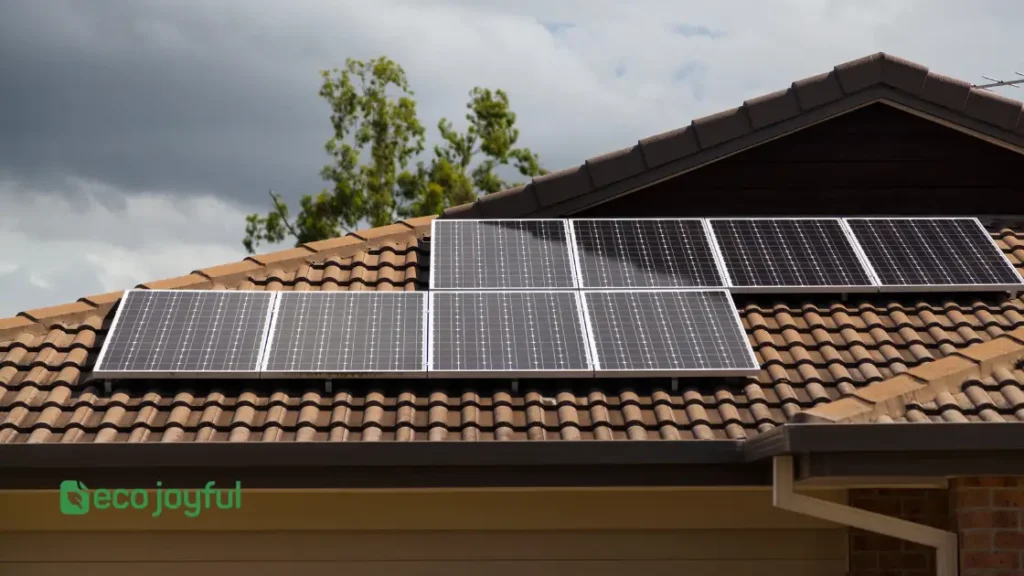
States with abundant sunshine are ideal for solar power, while states with ample wind are suitable for wind turbines. Additionally, consider the overall environment of the state, such as rainfall patterns, temperature variations, and potential natural hazards like storms or wildfires.
Zoning And Building Codes
Zoning and building codes can significantly affect off-grid living. Researching and understanding the regulations and restrictions imposed by the state and local authorities is essential.
Some states have more lenient regulations allowing more flexibility in building and living off the grid, while others have stricter codes that may limit your options.
Ensure that your chosen state has favorable zoning and building codes that align with your off-grid lifestyle goals.
Access To Resources
Access to critical resources is essential for off-grid living. Consider the availability and proximity of resources such as water sources, timber for construction, and land for gardening or farming.
Look for states that offer ample resources or have regulations that allow you to access and utilize them sustainably.
Legal Considerations
Understanding the legal considerations of off-grid living is crucial when choosing a state. Research the state’s laws regarding property rights, land use, water rights, and alternative energy systems.
Ensure that the state’s legal framework supports and accommodates off-grid living practices. Additionally, consider any permits or licenses required to install solar panels or wind turbines.
Community Support And Resources
Off-grid living can sometimes be challenging, but having a supportive community can make all the difference. Look for states that have a thriving off-grid community and resources such as workshops, organizations, or online forums where you can connect with like-minded individuals.
These communities can offer support, knowledge-sharing, and valuable resources to help you navigate the off-grid lifestyle successfully.
Top States That Allow Off-grid Living
Off-grid living is gaining popularity as more people seek self-sufficiency and a sustainable way of life. Knowing which states have regulations and requirements supporting this lifestyle is essential if you want to live off-grid.
Below are the top states that allow off-grid living, along with a brief overview of their regulations and requirements:
Arizona: Regulations And Requirements
Arizona is a haven for off-grid living enthusiasts. The regulations and requirements in this state are designed to support sustainable living practices. Here are some key details:
- Building codes: Arizona has relaxed building codes for off-grid properties, making it easier to construct environmentally friendly structures.
- Renewable energy incentives: The state offers various incentives, such as tax credits and grants, to encourage using renewable energy sources.
- Water and waste management: Arizona promotes responsible water and waste management practices, ensuring off-grid residents have access to clean water and proper waste disposal systems.
Alaska: Regulations And Requirements
In Alaska, off-grid living is embraced and supported by various regulations and requirements to encourage sustainable practices. Here are some key points:
- Building permits: Off-grid properties in State 2 may require permits, but these are generally easy to obtain as the state recognizes the importance of self-sufficient living.
- Energy options: The state offers incentives for using alternative energy sources, such as solar or wind power, which can offset initial setup costs for off-grid systems.
- Sanitation guidelines: Alaska provides guidelines for proper sanitation systems, ensuring off-grid residents can maintain hygienic living conditions.
Montana: Regulations And Requirements
Montana is known for its favorable regulations and requirements that support off-grid living. Here is a summary of their approach:
| Regulations | Requirements |
| Flexible zoning laws | Building permits for off-grid properties |
| No restrictions on renewable energy systems | Compliance with health and safety standards |
| Water and waste management guidelines | Proper disposal of waste and sewage |
Conclusion
Off-grid living is a growing trend, and knowing where it’s allowed is essential. Several states, from Alaska to Arizona and Maine to Montana, embrace and even encourage this lifestyle.
Whether seeking self-sufficiency or a deeper connection with nature, these states offer the freedom to live off-grid.
So, if you’re ready to unplug and live life on your terms, explore these states where off-grid living is permitted and celebrated. Embrace the off-grid lifestyle and experience true independence.



